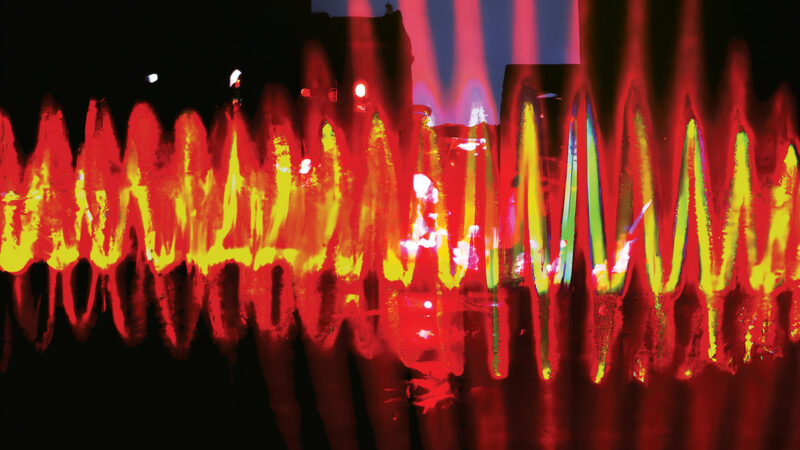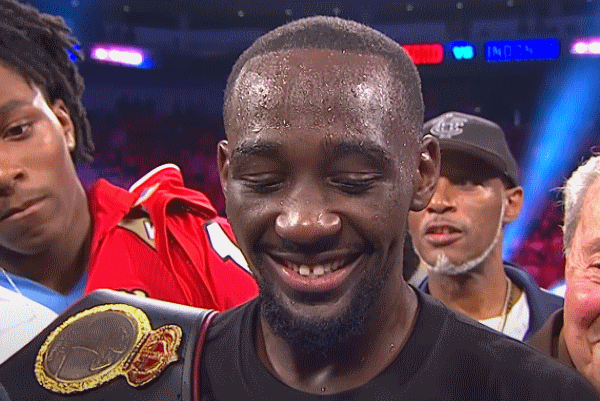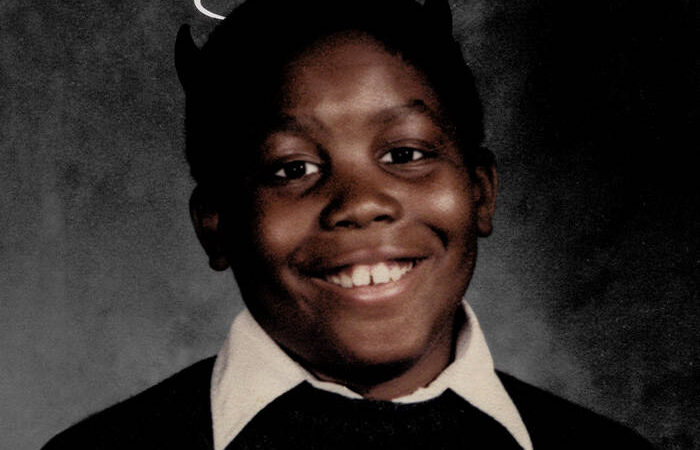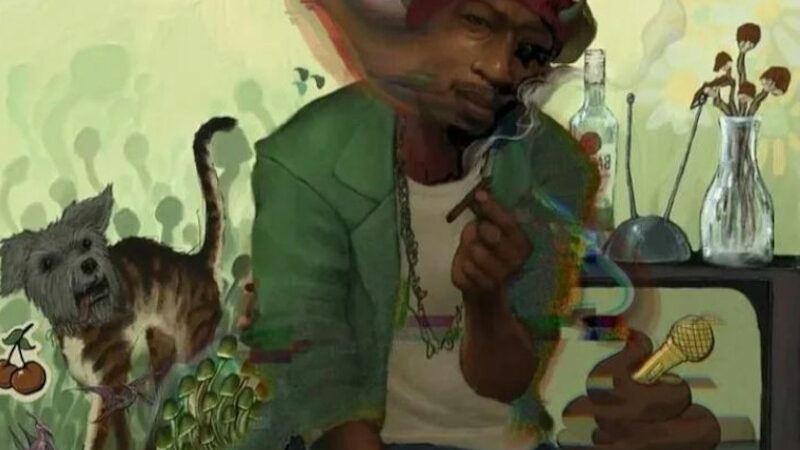On July 31st, Snoop Dogg made a startling announcement. He’d changed his name to Snoop Lion, and would be releasing a Reggae album in the fall. The album, entitled Reincarnated, will be accompanied by a documentary of the same name. It chronicles his recent trip to Jamaica, a leisurely sojourn which turned into a holy pilgrimage after a visit to a Rastafarian temple.
When asked his name by the high priest, the rap star replied, “Snoop Dogg,” to which the holy man offered a swift rebuke: “No more. You are the light; you are the lion.” For Snoop, those words served as validation of a divine calling he’d long been aware of, but had always failed to heed. “I have always said I was Bob Marley reincarnated,” Snoop proclaimed. “I feel I have always been a Rastafari. I just didn’t have my third eye open, but it’s wide open right now.”
Snoop’s epiphany has largely been met with skepticism, and not without good reason. He’s rarely stood for much of anything other than himself. His lyrics have often extolled the virtues of both pimping and gang-banging. His feuds with fellow rappers, as well as former label head Suge Knight, have become the stuff of Hip-Hip legend. Such a resume would hardly recommend him as a role model, let alone a cultural icon on the level of Robert Nesta Marley. Yet and still, Snoop now proposes himself as having been smitten by the truth, and now intends to share that truth with the world.
Rap fans, especially “old heads” such as myself, can be an overly cynical lot. We assume that our favorite rappers have no desire to grow up. It’s easy to forget that many of Hip-Hop’s aging stars have also grown weary of genre convention and audience expectations. Snoop Dogg is now in such a position. At 40 years old, he has spent his entire adult life in the public eye. That he now craves something different isn’t surprising. For those who’ve been paying attention, it’s inevitable.
He was introduced to the world via Dr. Dre’s immortal The Chronic, which was released on December 15th, 1992, mere months after the L.A. riots. Snoop’s lyrics were peppered with violence and misogyny, but his irresistable, melodic flow, with Dre’s production took West Coast gangsta music mainstream. In the process, he became a poster boy for the genre.
The album’s more sensational aspects overshadowed some of its subtle virtues. Songs such as “The Day the Niggaz Took Over” described the revolutionary mindset that fueled the riots. It was there that Snoop first experimented with Dancehall Reggae-styled toasting, for which he affected a faux Jamaican Patios:
Blam blam, blam til dem fall
Listen to the shots from my nigga Doggy Dogg, biddy-bye
Dr. Dre, him bust gun shots
Diggity Daz and RBX, dem bust gun shots
Come again!
A year later, on the lead single from his highly anticipated solo debut, Doggystyle, he offered the following boast:
Robbin motherfuckers then I kill dem blood claats
The album’s closing salvo, a duet with Lil’ Malik called “Pump Pump,” had Snoop toasting yet again:
Blam blam, blam to dem all
Listen to the shots from my nigga Doggy Dogg (pump pump)
While these instances hardly constitute as successful (or even substantial) attempts at Hip-Hop/Reggae fusion, they serve as evidence of Snoop’s then burgeoning fascination with Jamaican culture. It’s important to note that, unlike many of his East Coast brethren, Snoop is not of Caribbean descent. It appears that even back then, Jah was calling to him.
A spiritual component was also evident on Doggystyle. As a child, Snoop sang in his church choir. That influence manifests itself on “Murder Was The Case.” The song has Snoop unknowingly entering into a pact with the devil as he lay dying, a decision he comes to regret. It’s a tale fit for a classic Blues song. It also exhibits anxiety about the afterlife, something that any believer can relate to.
Many recall the murder trial that Snoop endured early in his career. When the verdict was finally handed down on February 20th, 1996, Snoop and codefendent McKinley Lee sat in silence. Upon hearing the words “not guilty,” Snoop closed his eyes, bowed his head, and pressed his palms together. He almost seemed to shrink. There was a man who felt humbled after having been shown mercy by a higher power.
After his defection from Death Row Records, Snoop began a very gradual image makeover. He became a bit less menacing. He began making cameo appearances in slapstick comedies like Half-Baked. These walk-ons allowed him to indulge a more fun-loving side of his persona while slyly poking fun at his gangsta image. They also paved the way for many of his future endeavors, such as the highly-rated reality series Father Hood. The show dramatically humanized Snoop by showing him juggling familial and professional responsibilities.
His love for marijuana isn’t merely a gimmick, but a statement of fact. Even his physical appearance seems to have counterculture implications. From his rail thin physique to his long hair, Snoop has the air of a Bohemian. When stripped of its gangsta/pimp trappings, his music reveals the spirit of a hippie.
Snoop’s eclectic musical tastes have led to some rather strange team-ups over the years. He’s paired himself with the likes of Willie Nelson and Reggaeton star Daddy Yankee. He’s also recorded songs with Katy Perry and Korean Pop group Girls Generation. In light of such seemingly oddball pairings, Snoop’s defection to Reggae can hardly be considered abnormal. The late, great Heavy D made a similar transition with his final album, Vibes. Despite Heavy’s obvious connection to Reggae (He was born in Mandeville, Jamaica), this clearly sets a precedent for what Snoop is now attempting.
Just a few weeks ago, Nas took a major step towards artistic maturation with Life Is Good. The album has been warmly received by fans and critics alike. This is a guy who once bragged about “snuffing” Jesus, and even wanted to hold a statue of Christ in a headlock for the cover of his first album. Since then, he has emblazoned his abdomen with the moniker “God’s Son.” If the self-proclaimed “police murderer” can grow, why not Snoop?
Something tells me that Bob Marley himself would have welcomed Snoop into the fold with open arms. Bob saw Reggae music as the balm for humanity’s collective wounds, and offered it as a gift to the world. Snoop will never reach that level, but I’m curious enough to stand back and see how far he gets.
Follow Us on Twitter @ http://twitter.com/planetill
Become a citizen of Planet Ill. Join our Forums
Join Us on the Planet Ill Facebook Group for more discussion
Follow us on Networked Blogs






